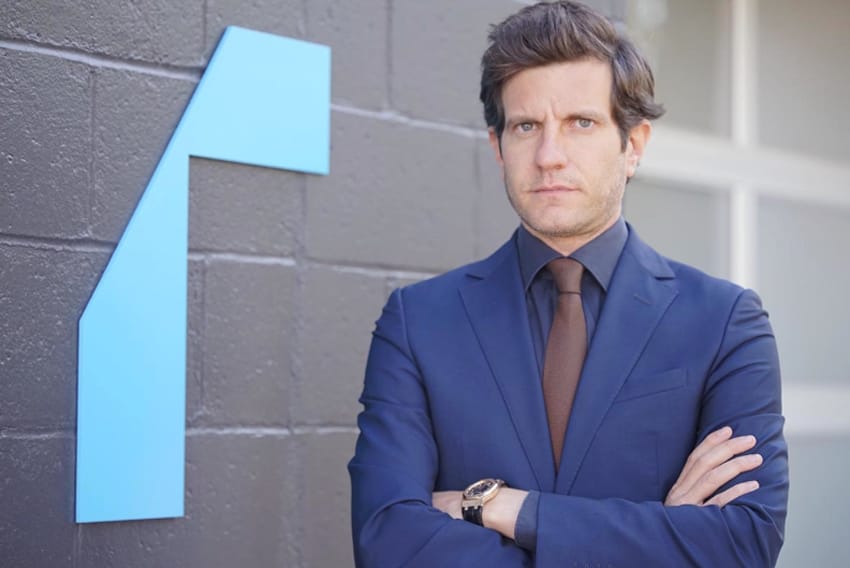The request is simple and clear: to actively include motorcycling in the political priorities for the 2024-25 political mandate, which will begin with the next European elections on June 5-9. It is made by those who represent our sector: ACEM, FEM and FIM, in other words, the representatives of motorcyclists and the European motorcycle industry.
The note says: “The motorcycle sector makes a positive contribution to the European economy, social inclusion and territorial cohesion with around 21.4 billion euros to European GDP and 389,000 jobs. In Europe alone, there are almost 40 million motorcycles, mopeds, tricycles and quadricycles that provide a clean, efficient, practical and pleasant alternative for moving people and goods in cities and rural areas. Motorcycling is fully in line with Europe’s current vision, which puts citizens’ quality of life at the center and promotes sustainable industrial leadership. In order to fully exploit the potential of our industry towards such ambitious goals, the current manifesto identifies five strategic areas to strengthen cooperation between public authorities, users and the motorcycle industry, while supporting mobility and transport policies: safety, environment and sustainability, competitiveness, R&I, motor sports and tourism.
ACEM, FEMA and FIM encourage the European institutions to include motorcycles (and, more generally, the L category) in future vehicle, user and infrastructure initiatives in order to increase safety and capitalize on the benefits of this lighter and more efficient mode of transport.
Inclusion in Sustainable Urban Mobility Plans (SUMPs), Smart Cities and other high-level initiatives and policies
Motorcycle-friendly infrastructure, such as adequate charging infrastructure, properly maintained road surfaces and safer roads
Continuous dialogue between the European institutions and representatives of the motorcycle sector
FIM, FEMA and ACEM recommend that the European legislator actively protect the rights and interests of motorcyclists as Vulnerable Road Users (VRUs).

Michele Colaninno, President of ACEM and CEO of Piaggio, said: “This manifesto highlights the social and industrial contribution of motorcycling in Europe. Especially in city and suburban areas, which account for 75% of the EU population, L-category vehicles can bridge the gap between soft mobility, such as walking or cycling, and car use, offering numerous advantages for daily commuting and small logistics. Through innovative, sustainable and high-quality mobility solutions, ACEM members will continue to contribute to Europe’s competitiveness.”
Odd Terje Dovik, President of FEMA, commented: “We hope that the newly elected members of the European Parliament will take into account the needs of motorcyclists, especially with regard to road safety. Naturally, we will be on hand to offer advice and expertise whenever MEPs need it. Our three organizations represent the entire European motorcycling community: manufacturers, athletes and leisure riders. We are united in our commitment to continue working for our common interests and rights.”

Jorge Viegas, President of the FIM, said: “Research has shown that motor sport is a key driver of tourism in the European Union. The FIM is delighted that our three organizations have come together to draw attention to the contribution of sport to the economy of rural areas.” Not in







